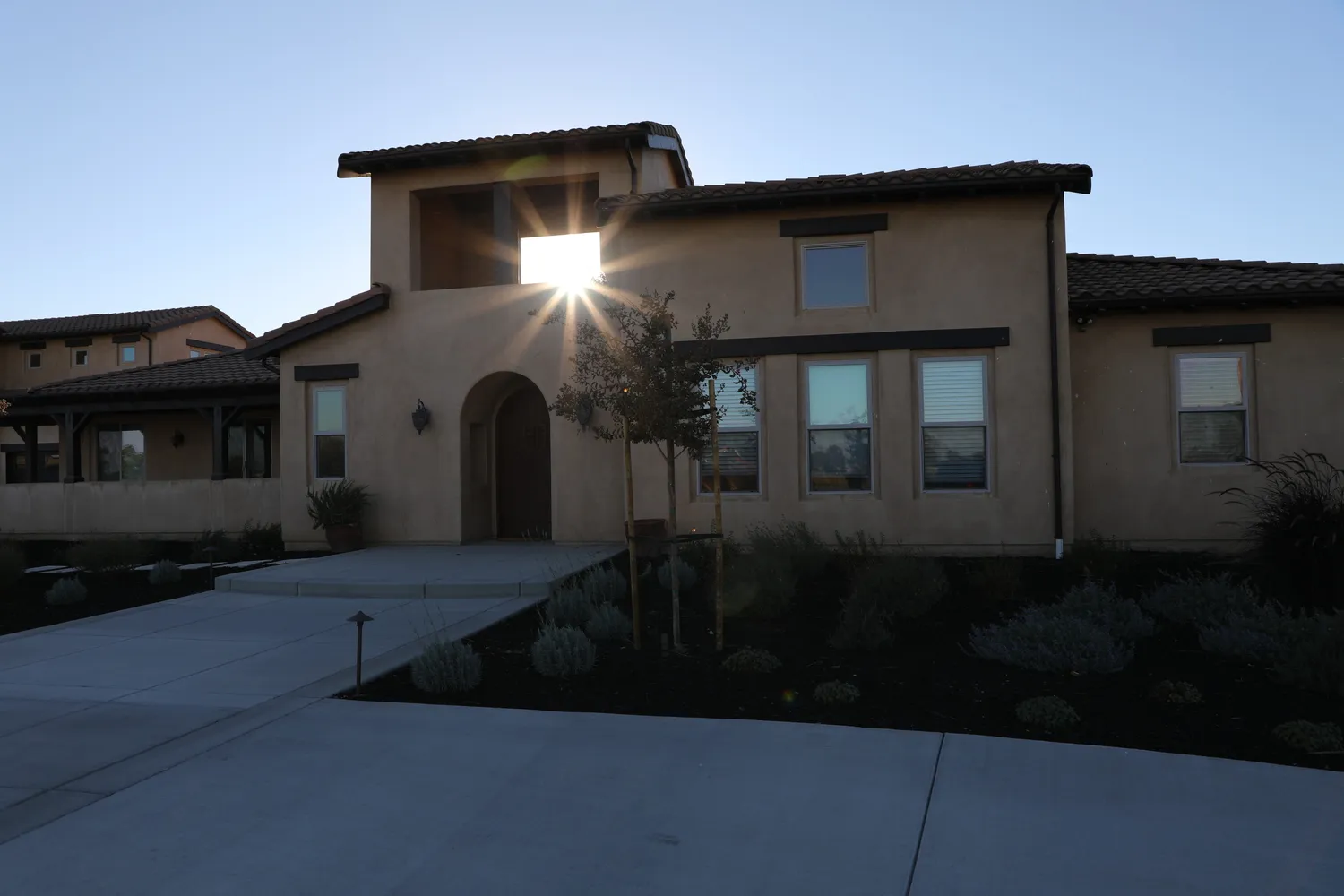Center for Discovery Beverly Hills Information
Treatment
Who We Treat
- Teens / Adolescents
- Adolescents
- Male and Female
Treatment Focus
- Eating Disorders
Approaches
- Individual Treatment
- Evidence-Based
- Wellness
- Group Therapy
- Experiential
- Cognitive Behavioral Therapy (CBT)
- Dialectical Behavior Therapy (DBT)
- Motivational Interviewing
- Yoga Therapy
- Eye Movement Therapy (EMDR)
Conditions We Treat
- Eating Disorders
- Co-Occurring Disorders
Languages
- English
Aftercare
- Intensive Outpatient Program
Level of Care
- Outpatient
- Intensive Outpatient Program (IOP)
- Day Treatment
- Virtual & In-Home Care
Experience
On-Site Activities
- Yoga
Accreditations
-
The Joint Commission
The Joint Commission, previously known as JCAHO, is a nonprofit organization that accredits rehabilitation organizations and programs. Established in 1951, its mission is to enhance the quality of patient care and showcase excellence in healthcare delivery.

Additional Locations
Center for Discovery Beverly Hills Accepts The Following Insurance Plans
Find the best treatment options. Call our free and confidential helpline today!













